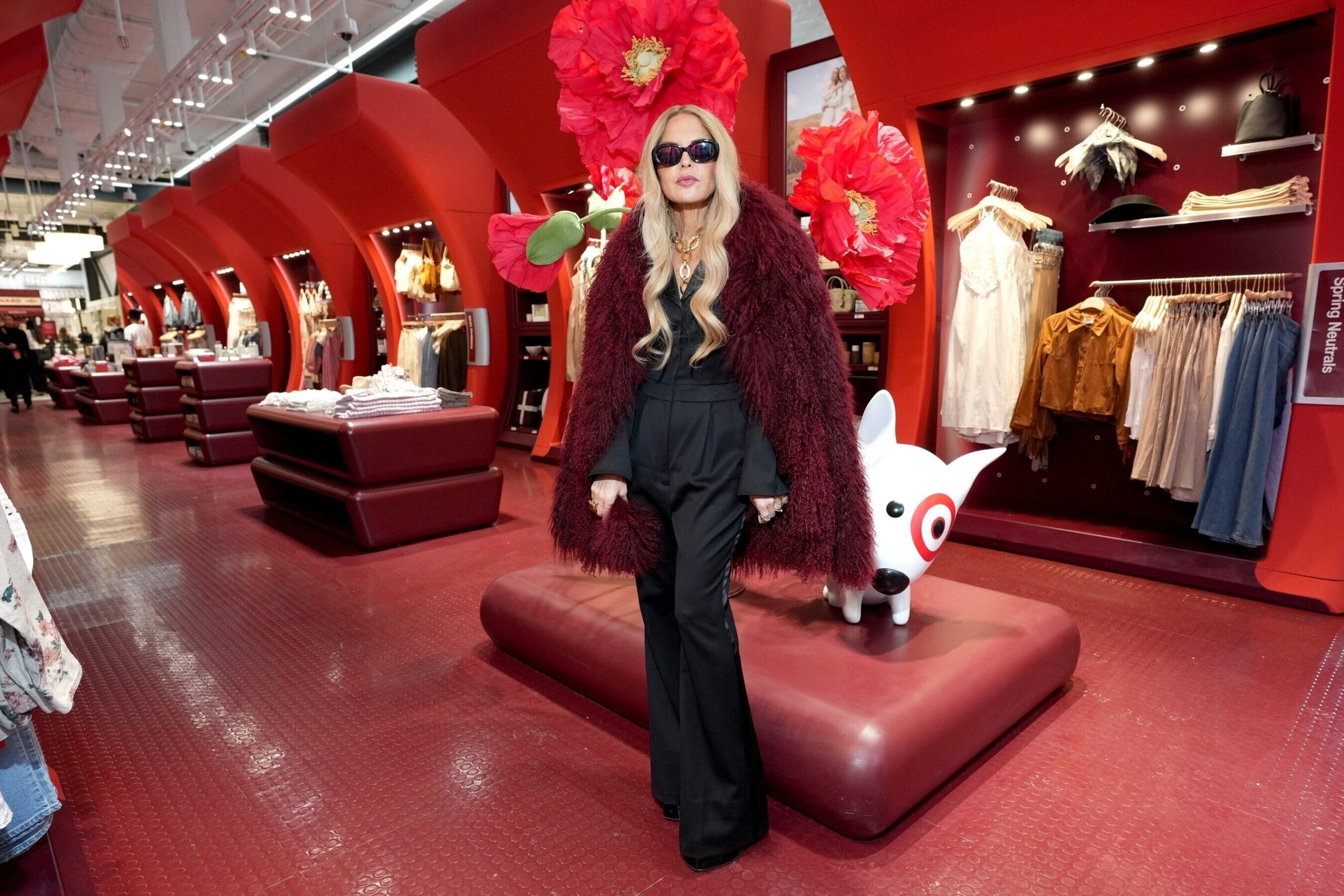Another fashion war just hit the courtroom, and this one’s personal. The fast fashion world is witnessing another high-stakes legal battle as Brandy Melville takes on retail giant Shein in federal court. The California-based brand’s holding company, Bastiat USA, has filed a comprehensive lawsuit against Shein for copyright infringement, unfair competition, and false designation of origin, marking a significant escalation in the ongoing tensions between established fashion brands and ultra-fast fashion retailers.
The Heart of the Allegations
What makes this lawsuit different from typical fashion industry disputes is its dual focus on both product designs and copyrighted photographs. Filed on June 23 in the U.S. District Court of the Central District of California, the complaint presents compelling evidence through side-by-side comparisons of Brandy Melville images alongside nearly identical images allegedly found on Shein’s website.
The alleged infractions span multiple product categories, including sweatshirts, shorts, and shirts, all core items in Brandy Melville’s signature aesthetic that have captivated young consumers for over a decade. However, Brandy Melville’s legal team argues this goes beyond simple design inspiration, characterizing Shein’s actions as a calculated “bait-and-switch” operation.
According to the complaint, Brandy Melville’s legal team said Shein customers place orders based on Brandy Melville photographs but instead receive “a cheaper, lower quality Shein knockoff.” This practice allegedly damages both consumer trust and Brandy Melville’s carefully cultivated brand image.
Targeting Shein’s Business Model
The lawsuit directly challenges Shein‘s much-touted data-driven approach to fashion retail. Brandy Melville’s attorneys said Shein’s ability to quickly identify and respond to trends makes intellectual property theft “the cost of doing business” for the Chinese-owned retailer.
The filing delivers a scathing critique of Shein’s operational philosophy. Brandy Melville’s attorneys said, “What Shein really means by ‘data-driven approach’ and providing ‘offerings that resonate immediately’ is that it finds popular designs from popular designers and slavishly copies them, without regard to minor impediments such as intellectual property laws”.
Furthermore, Brandy Melville’s legal team said this case shows the extent to which Shein is willing to go “to trade off the goodwill of an especially popular and authentic brand”. This argument goes to the core of brand value in the fashion industry, where authenticity and originality are increasingly prized by consumers.
Industry Context and Implications
This legal action once again places Shein in the spotlight for copyright infringement issues, as the company has previously faced similar accusations from both established brands and independent artists. However, the inclusion of photograph copyrights in this case could influence future fashion industry disputes in new ways.
The timing of this lawsuit is particularly noteworthy given both brands’ shared target demographic of women and girls ages 15 to 25. This overlap increases the competitive stakes, as both companies compete for the same consumer base in an increasingly crowded fast fashion market.
Brandy Melville’s legal team is seeking a jury trial, showing their confidence in presenting their case to the public and potentially setting a broader precedent for how similar cases might be handled in the future.
The Broader Fashion Landscape
Interestingly, Brandy Melville itself has not been immune to copyright disputes. In 2016, Forever 21 accused Brandy Melville of copyright infringement, though the companies ultimately settled the case the following year. This history adds complexity to the current situation, highlighting how intellectual property disputes have become commonplace in the fast fashion ecosystem.
The brand has also faced recent scrutiny following the HBO documentary “Brandy Hellville & The Cult of Fast Fashion“, which revealed issues including racial discrimination and sexual harassment in its stores. Despite these controversies, Brandy Melville continues to maintain its position as a significant player in the young women’s fashion market.
Looking Ahead
As this case moves through the federal court system, it could serve as a signal for how intellectual property rights are protected in the rapidly evolving fast fashion industry. With Shein yet to respond to requests for comment, the fashion world is watching closely to see how this David-versus-Goliath battle will unfold.
The outcome could significantly affect how fast fashion retailers approach design inspiration versus direct copying, potentially reshaping industry practices for years to come.


















